Possums might seem cute and cuddly, but these furry creatures have a darker side when it comes to New Zealand's biodiversity. Let's explore some fascinating facts about possums and the negative impacts they have on our country's unique ecosystems.
Possum Facts:
- Introduction to New Zealand Possums were introduced to New Zealand from Australia in the 19th century for the fur trade. With no natural predators in New Zealand, possum populations flourished rapidly.
- Nocturnal Creatures Possums are nocturnal, meaning they are most active at night. They spend their days resting in dens or hollow trees and venture out at dusk to forage for food.
- Herbivorous Diet Possums are herbivores, primarily feeding on leaves, buds, flowers, fruits, and even bird eggs. Their voracious appetite can have significant impacts on native vegetation.
- Prolific Breeders Possums breed prolifically, with females capable of producing multiple litters of young each year. This rapid reproduction rate contributes to the exponential growth of possum populations.
Negative Impacts on Biodiversity:
- Native Vegetation Destruction Possums pose a significant threat to New Zealand's native vegetation, feeding on a wide range of plant species. Their browsing behaviour can lead to defoliation, canopy damage, and even the decline of vulnerable native plant species.
- Competition with Native Wildlife Possums compete with native wildlife, such as birds and insects, for food and habitat resources. This competition can disrupt ecosystem balance and contribute to the decline of native species.
- Predation on Native Wildlife Possums are known to prey on native birds, insects, and reptiles, further worsening the decline of already vulnerable species. Their presence can disrupt natural ecosystems and drive native wildlife to extinction.
- Spread of Disease Possums can act as carriers of diseases such as bovine tuberculosis (TB), which poses a threat to livestock and native wildlife. The spread of disease by possums can have far-reaching consequences for both agricultural and ecological systems.
While possums may seem harmless at first glance, their impact on New Zealand's biodiversity is far-reaching and profound. From decimating native vegetation to preying on native wildlife and spreading disease, possums pose a significant threat to the country's unique ecosystems. Effective management strategies are essential to control possum populations and mitigate their negative impacts, preserving New Zealand's biodiversity for future generations.
If you want to make a difference in protecting our native species from Possums, Traps.co.nz have an array of products to help do the job, and you can even use our Shop by Pest feature:
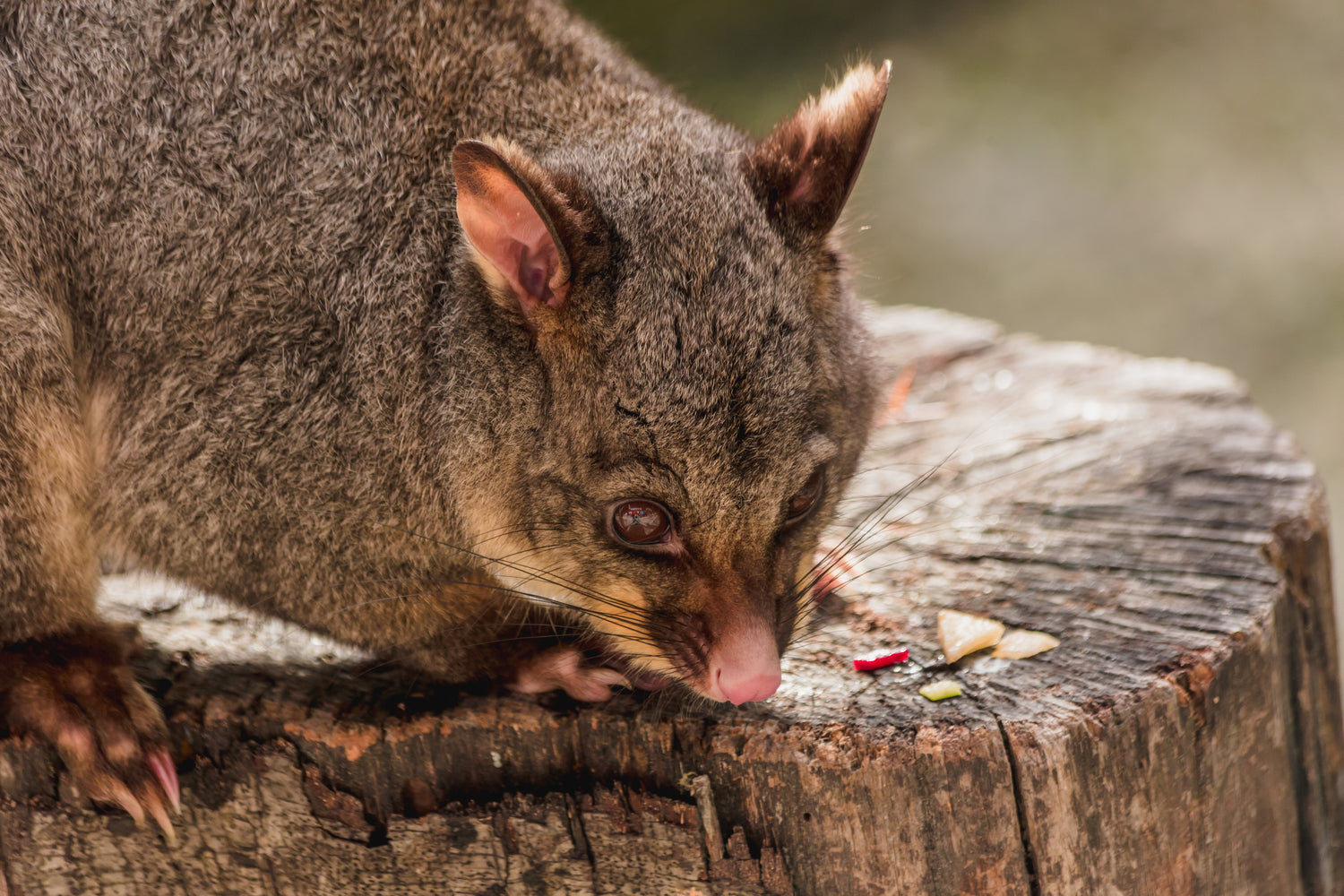

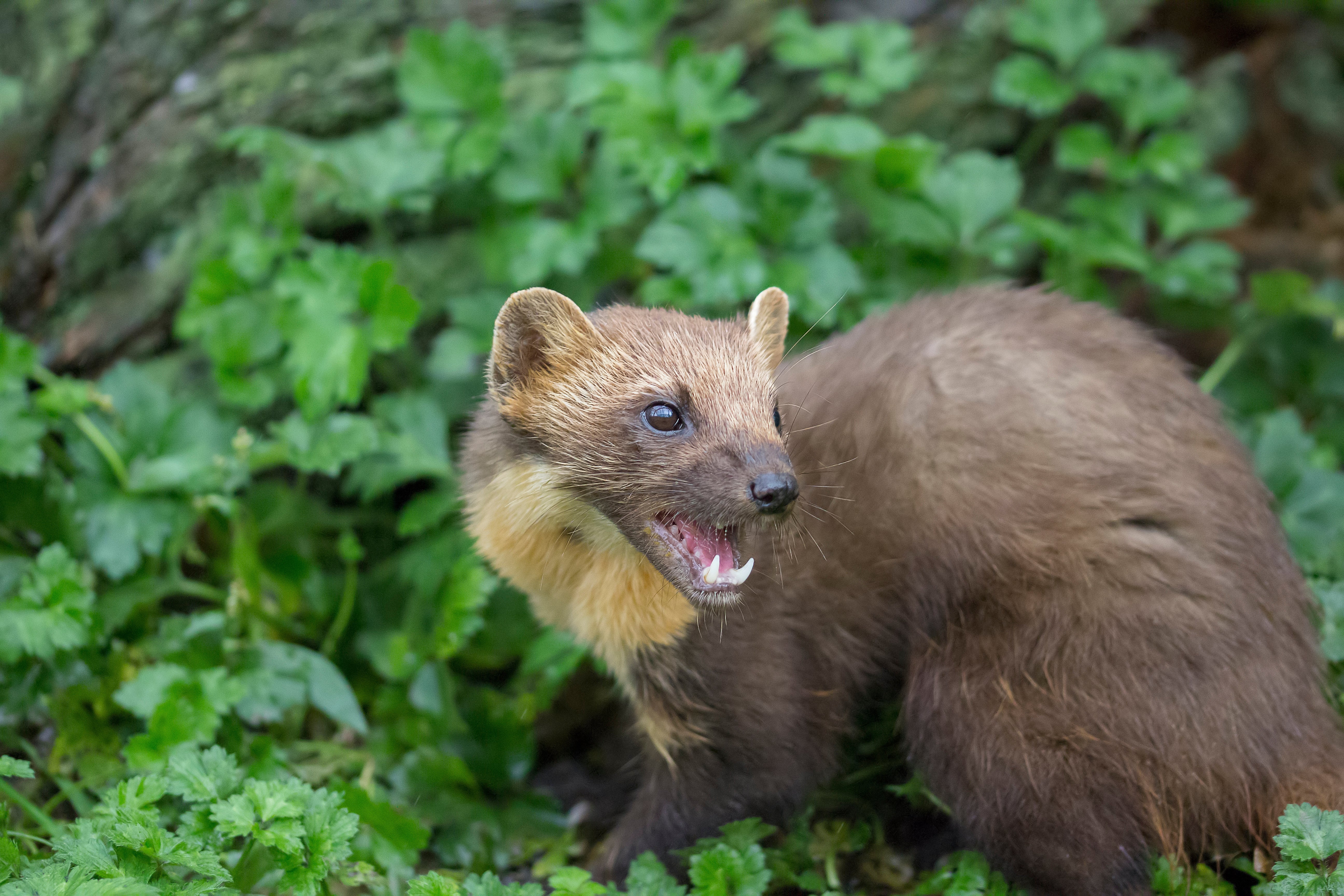
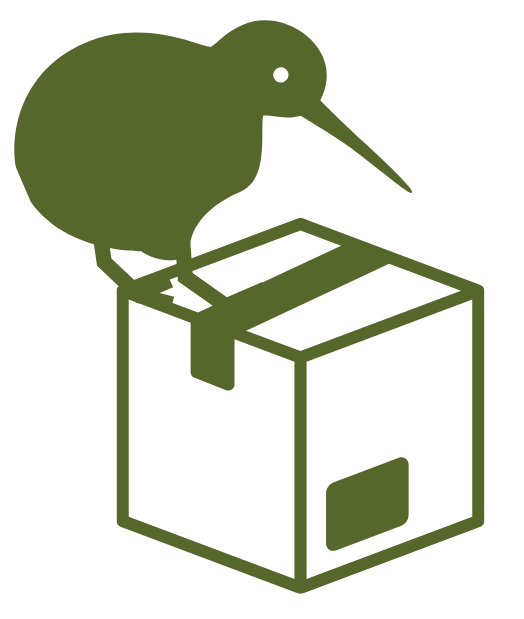
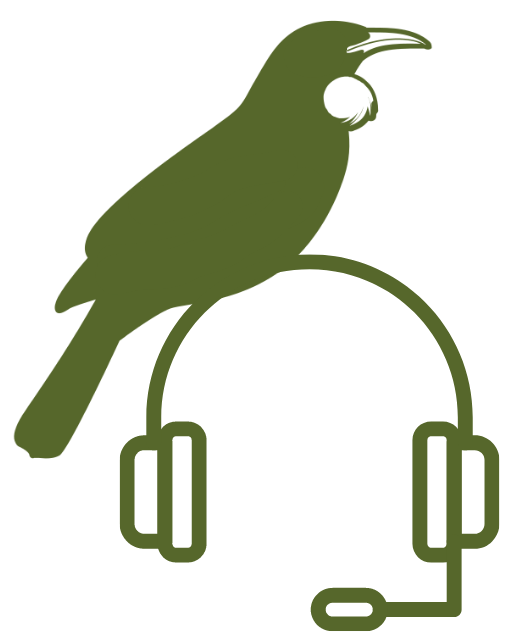
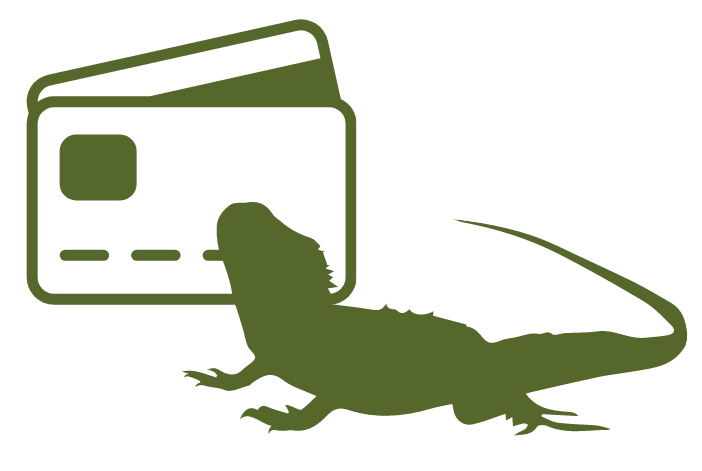
Leave a comment
This site is protected by hCaptcha and the hCaptcha Privacy Policy and Terms of Service apply.